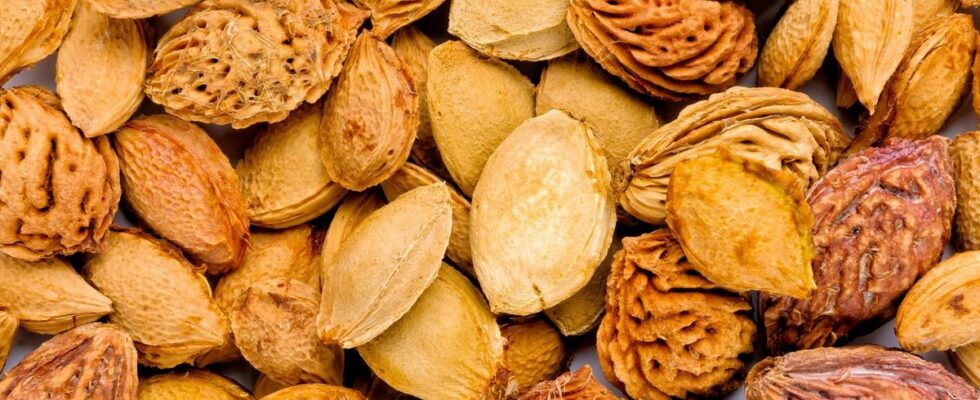Published on
Updated
Reading 2 mins.
In Austria, a solution has emerged to recover waste, such as fruit stones, to make new foods. A young start-up is interested in ridding cyanide nuclei to transform them into vegetable milk and ice cream.
Proteins, minerals, fibers and even unsaturated fatty acids… It’s amazing how much you can find in the pits of certain fruits. In that of the cherry, for example, there is a high level of anthocyanins, compounds that delay the aging of the skin, but also of tocopherol, which has a protective effect on the cardiovascular system. Despite these many beneficial properties for our health, more than 500,000 tonnes of fruit stones in Europe end up in the trash every year. This is the observation of an Austrian start-up which has just caused a sensation at the high mass of organic food innovations in Germany (BioFach, Nuremberg). Its business is based on the principle of recovering this waste to reintroduce it into the food industry, in the form of oil, flour, or alternatives for making vegetable counterparts to dairy products.
Except that this circular economy is not so simple to implement. Indeed, in the stones – and in particular in those of apricots, cherries and plum trees – we find cyanide. The risk of poisoning is real in the event of absorption in large quantities. However, it is these three types of raw materials that the Kern Tec company has integrated into its production scheme. The whole innovation is in fact based on the ability of the process to extract the cyanide.
Using this new ingredient, it is thus possible to renew the shelves of almond, oat or rice milk. Remember in this regard that these vegetable milks are not made from extracts of the cereals in question, but from a mixture mixed with water. In the case of vegetable milk from this young company – and this is the whole difference, it is the content of the kernel without the cyanide, which makes it possible to develop the beverage. The product has also won an award in a European competition organized in Germany (FI Europe Innovation Awards). Last summer, the range was completed by an ice cream made from pits ofapricotscherries and plum trees.
